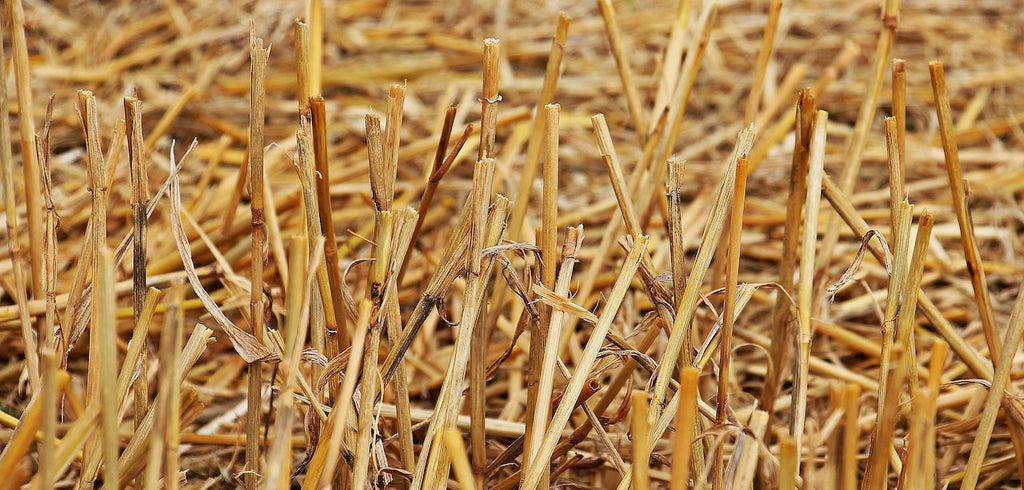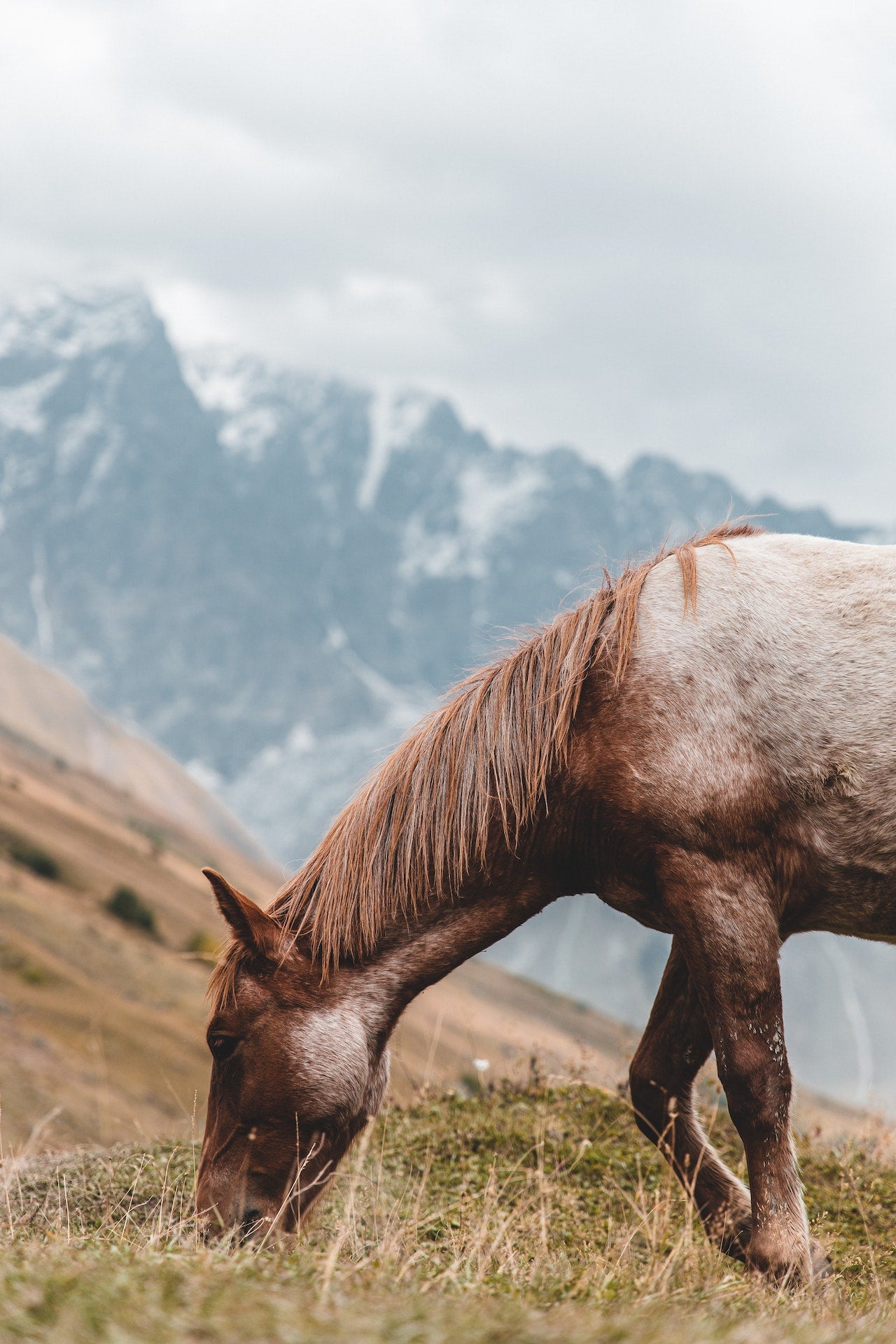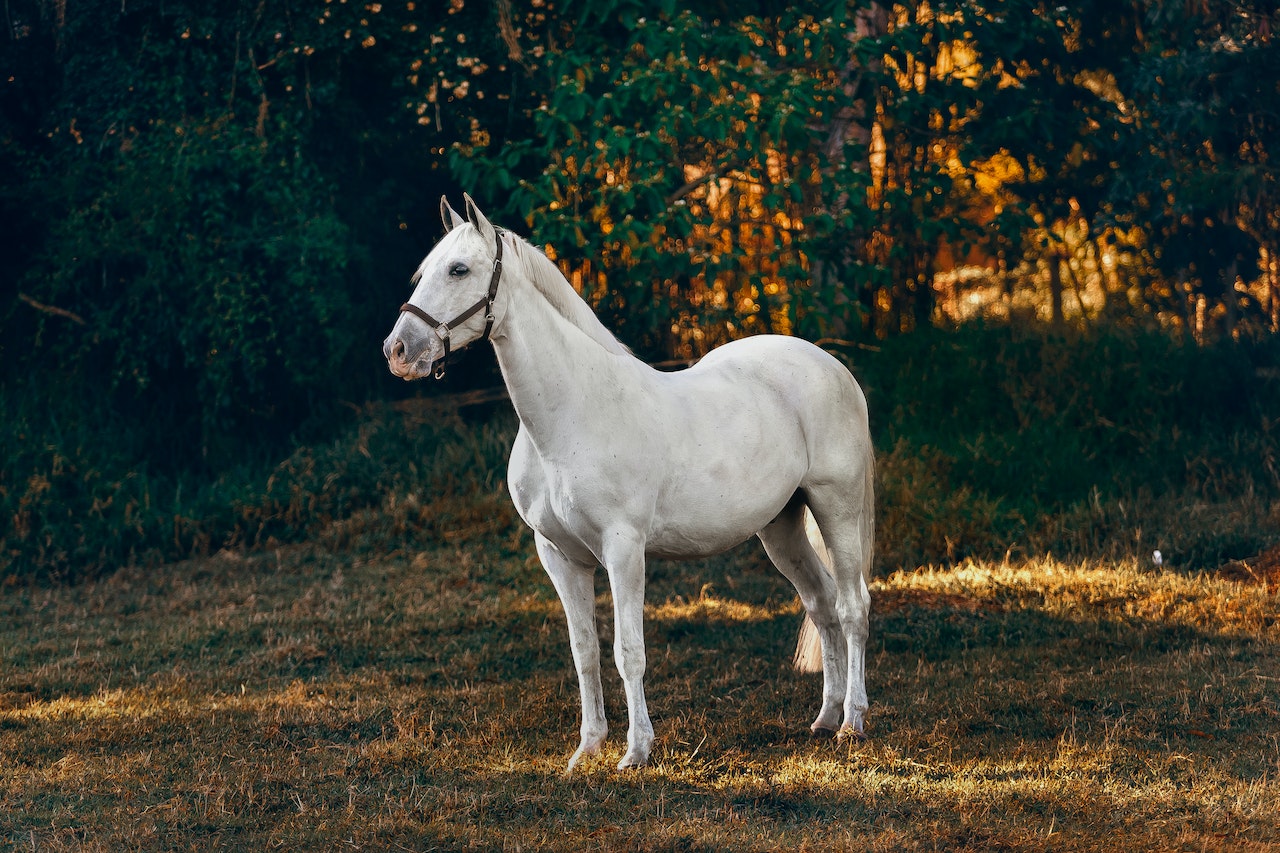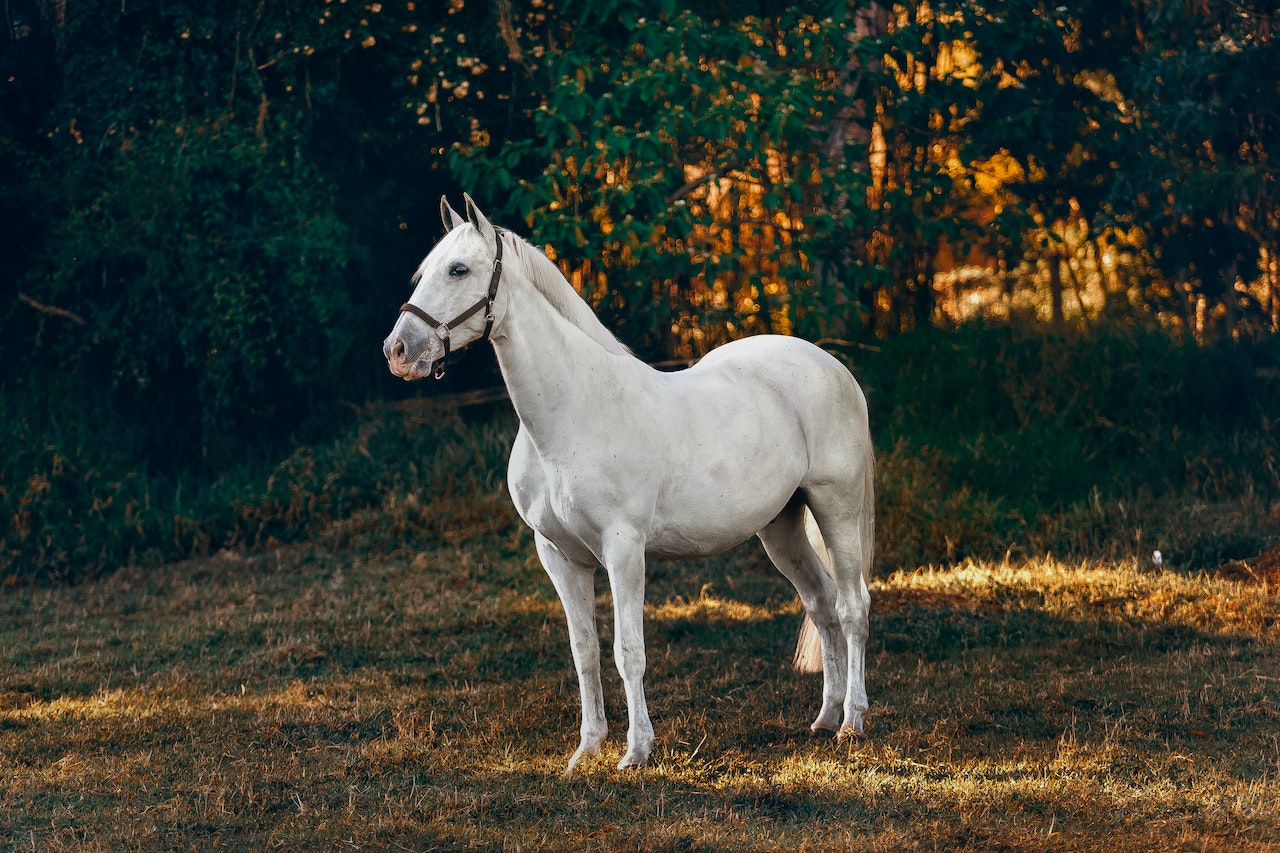
Feeding Straws to Horses: Maximizing Benefits While Minimizing Risks
Providing a horse with nutritious food is essential to responsible horse ownership. However other individuals think that giving straws to horses could be a viable substitute for conventional feed options. Although it is conceivable for horses to consume straw, it's critical to comprehend the dangers and restrictions associated with this activity.
Straw, a by-product of grain production, is frequently used as horse bedding. Although straw can give horses a source of fibre, it should never be the only thing they eat.
This article provides a comprehensive guide to feeding straws to horses, discussing their benefits, potential risks, and steps to incorporate them into their diet. With the right information and resources, you can unlock the nutritional power of straw and make informed decisions about what's best for your horse.
Can Horses Eat Straw?
Yes, horses can eat straw, and it is a common source of roughage in their diet. Straw is a form of hay that has been cut and left to dry, and its long fibrous strands provide an important source of fibre and nutrition for horses. Straw can be added to the top of a horse’s regular feed, mixed with the feed itself, or even used as bedding material. However, straw should not be relied on as the sole source of roughage in a horse’s diet, as it does not provide the same type of nutrients as hays.

About Straw
Straw is a plant material that is commonly used as bedding for livestock, particularly horses. It is a by-product of grain crops, such as wheat, barley, and oats, and is made up of the stems and leaves of these plants. After the grain has been harvested, the remaining straw is baled and used for a variety of purposes.
Comparatively speaking, straw has a lower nutritional content than other forms of fodder like hay or pasture. It has a lot of fibre but not enough protein, vitamins, or minerals for horses to be healthy. As a result, horses shouldn't be fed exclusively on straw.
When feeding straws to horses, it's vital to take into account the type of straw, the horse's age and size, and any possible problems from giving too much straw.
The Benefits of Feeding Straw to Horses
Source of fibre
The long fibrous strands of straws provide an important source of fibre and nutrition for horses. It helps keep the horse's digestive system healthy and provides essential vitamins, minerals, and other nutrients. Straw also provides essential roughage, which helps to break down food in the digestive system and make it more easily absorbable.
Stimulates Natural Foraging Behaviour
Feeding straw to horses is an effective way to stimulate their natural foraging behaviour. Horses are natural grazers, and when given access to straw, they will instinctively search for the pieces with the highest nutritional value. This encourages them to use their natural abilities to find food, while also providing them with an important source of nutrition. By simulating their natural grazing environment, straw can help to keep horses healthy and comfortable.
High Energy Content
The high energy content of straw makes it an excellent source of nutrition for horses of all ages and sizes. Straw is composed of long fibrous strands, which contain high levels of digestible energy. This helps ensure that horses have the essential nutrients needed to maintain their health and well-being. Additionally, the increased levels of dietary fibre found in straw helps to improve gut health, which is important for overall performance.
Weight management
By providing a source of fibre without increasing their calorie intake, feeding straw to horses in tiny amounts can help them regulate their weight. Horses can eat more straw without gaining weight because it has few calories and nutritional benefits. A horse's natural grazing behaviour can be satisfied by feeding straws, which can lessen their desire to overeat.
Helps to Prevent Boredom
Straw can be fed to horses to help break up the repetitive nature of their regular diets, which can get boring for them. A great source of feed that inspires horses to discover new areas and methods of obtaining food is straw. In addition to keeping them from being bored, eating straws gives them a chance to exercise their natural foraging habit. Straw can also be utilised to stimulate the horse's senses through its texture and aroma.
The Potential Risks of Feeding Straws to Horses
Nutritional deficiencies
Straw is poor in nutrients and deficient in the protein, minerals, and vitamins that horses require to stay healthy. Horses may experience nutritional inadequacies, which may result in health issues if the straw is fed as their only source of diet.
Digestive issues
Large straw portions can increase the likelihood of digestive problems including colic or impaction. This is due to the high fibre content of straw, which horses may find challenging to digest.
Dust and mould
When feeding straws to horses, major worries include dust and mould. Dust and mould spores found in straw may be dangerous to horses if inhaled or consumed. Respiratory problems, allergic reactions, and mould infections are a few potential health problems that exposure to dust and mould may cause. Straw should be kept dry, clean, and well-ventilated to lower the chance of exposure to dust and mould.
Choking risk
Horses who eat a lot of straw all at once run the risk of choking. This is because straw can become stuck in the horse's throat. After all, it is lengthy and fibrous.
Pesticide exposure
If the straw has been exposed to pesticides or other toxins, horses may suffer negative effects from ingesting it. If the straw is devoid of pesticides and other dangerous substances, it should only be used for bedding or feeding horses.
Flax straw toxicity
A substance called cyanogenic glycoside, found in flax straw, can be hazardous to horses if consumed in sufficient quantities. Horse bedding or feed should not contain flax straw.
How to Safely Incorporate Straws into Horse’s Diet
Mixing with Regular Feed
hen mixing straw with regular feed, it is important to ensure that the proportions of each are balanced to provide the right amount of nutrition for your horse. It’s also important to make sure that any dust or mould that could be present in the straw is eliminated before feeding it to the horse. If you are unsure how much straw to add to your horse's diet, it is best to consult a qualified veterinarian.
Adding to the top of regular feed
Adding straw to the top of the regular feed is a good way to provide more roughage in your horse's diet. An appropriate amount of straw should be added to the top of the feed, ensuring that it does not take up the majority of the regular feed
Final Words
Straw can be an excellent source of nutrition and roughage for horses if it is fed in the right amounts. It is important to inspect any straw for contaminants and to ensure that the proportions are balanced when mixed with regular feed. Finally, it is best to consult a veterinarian to determine the best way to add straw to your horse's diet.



